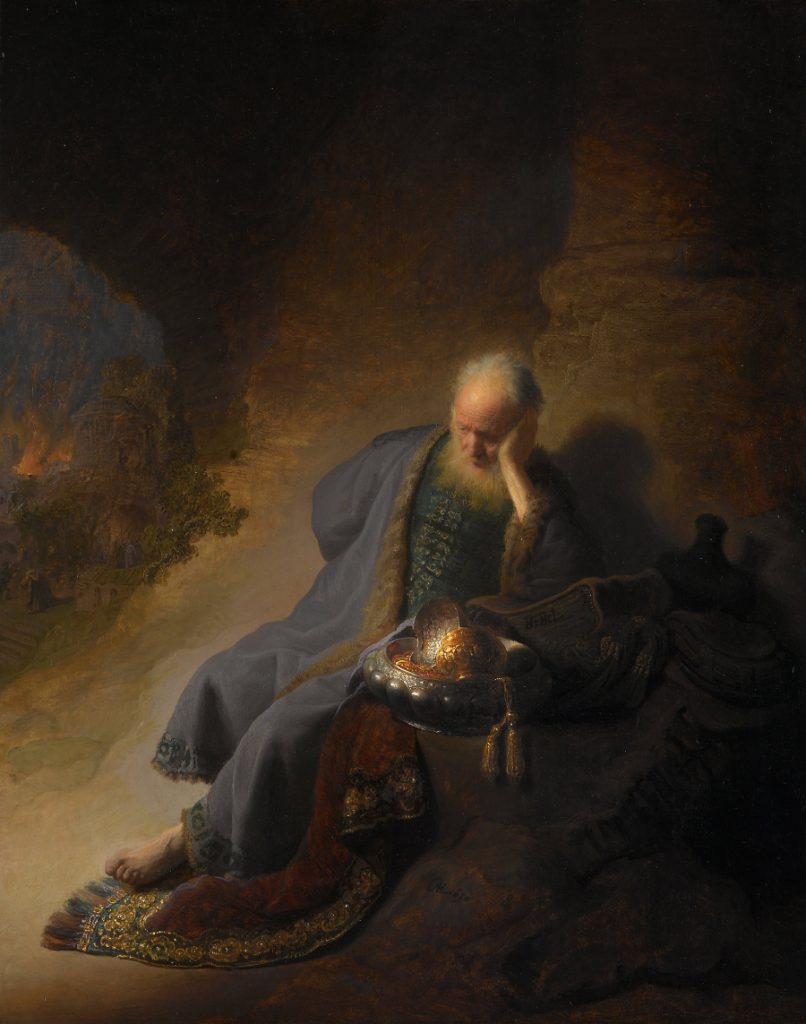
In biblical studies, we continually read articles, posts, books, etc. in which authors use apparently ordinary words that on closer inspection turn out to be highly specific terms. And unfortunately, some authors will use these specific terms rather loosely, flitting between general and specific usage while blurring important distinctions.
I’ve pointed out this phenomenon before when discussing “memory.” Are they talking about ordinary human recollection, or are they talking about memory theory? Are they referring to the psychology of memory or the physiology of memory, or are they talking about social memory? I often suspect memory dabblers of deliberate obfuscation, but I suppose we should err on the side of charity and presume they simply find it difficult to write in ordinary, declarative sentences.
Uncertain terms
On the other hand, some terms are so fundamental that it seems almost insulting to define them for readers. We presume everyone knows what the term “scripture” means. But should we? The same goes for terms that may have multiple meanings, depending on the context. I might assume that you will know what I mean by the surrounding contextual clues. But that could be a mistake on my part.
Recently, while reading Neil’s excellent series on messianism in the first century CE, I started thinking about the terms messiah and prophet. And I wondered how many people know exactly what those terms mean in their various contexts. Both of these terms carry a lot of baggage with them — not only in their popular meanings, but also in the way they’re used in modern Christian churches.
In this post, I’m only going to focus on the term prophet, but we could probably spend the rest of the year churning out posts on terminology that we often gloss over but shouldn’t. Authors have an obligation to make sure their readers understand how we’re using these terms, but often fall short. Continue reading “What Is a Prophet?”
